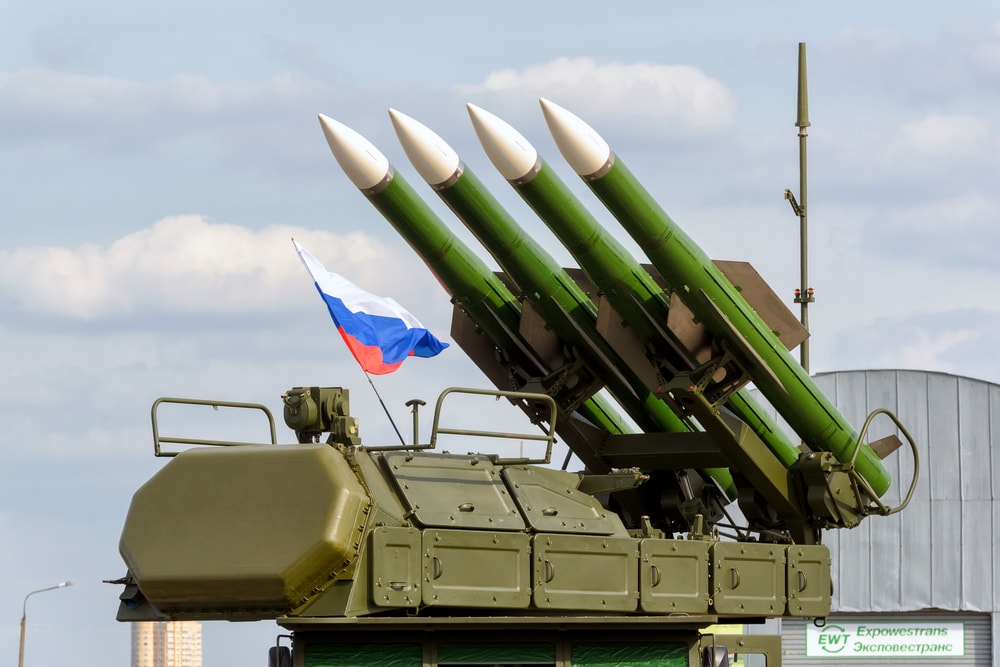
Israel-Russia relations seem to be going well, with Netanyahu and Putin maintaining an ongoing bromance. But under the surface, things may not look as rosy. The trouble, as usual, has to do with Syria.
The potential for military friction may be higher than we think, a respected Israeli journalist recently warned. Moscow is not happy about ongoing Israeli airstrikes in Syria and demands an end to these bombings, particularly around Damascus, military correspondent Alex Fishman wrote in Yediot Aharonot daily.
But here comes the big news: Fishman claims that Russian army officials are advising President Putin to punish Israel by attacking IDF installations or intercepting an Israeli fighter jet (that is, encouraging Russia’s allies to do the dirty work).
I don’t remember seeing this anywhere else, and as noted, Fishman is a serious journalist.
For now, Putin is blocking these initiatives, Fishman said. But this could change. Moreover, Moscow will likely test Israel’s resolve to strike in Syria, he warned. This means that one of the next bombings could escalate in unexpected ways. It also means that Defense Minister Bennett’s plan to intensify the IDF campaign in Syria could spark even more tensions.
The Trump Factor
A recent podcast by the INSS think tank also addressed Israel-Russia relations, calling them “ambivalent.” The bottom line: Despite cooperation in some areas, colliding interests persist. Moscow wants to stabilize the situation in Syria, but Israel is getting in the way, Russia expert Vera Michlin-Shapir said. This, too, doesn’t sound promising.
For Russia, the Syria intervention has largely been a success story, certainly on the PR front. The Russians now want to reap the rewards and prevent an endless war on Syrian soil. This is especially true as perceptions of Russian achievements in the Mideast are somewhat exaggerated (here’s a good piece about it).
Meanwhile, Moscow is also in position to restrict Israeli maneuvers at sea, now that the Russian fleet is close by (I wrote about this growing threat last week, see here). The combination of aerial and naval limits could spell big trouble for Israel if Moscow insists on exercising its considerable power.
In any case, Israel-Russia relations are one of these sensitive topics that nobody likes to talk about too much. And so, we can expect Netanyahu to maintain a cheerful facade. On occasion there may be some leaks from concerned military sources that hint at the underlying tensions.
And here is another thought: As long as President Trump is in the White House, Israel can likely count on strong US support in case of conflict with Russia. This could also be a factor that restrains Moscow for now.
But what happens if Trump loses the election in November, and a new president enters the White House? (For example, Bernie Sanders). This could further embolden the Russians, and put Israel in a very tough spot.


